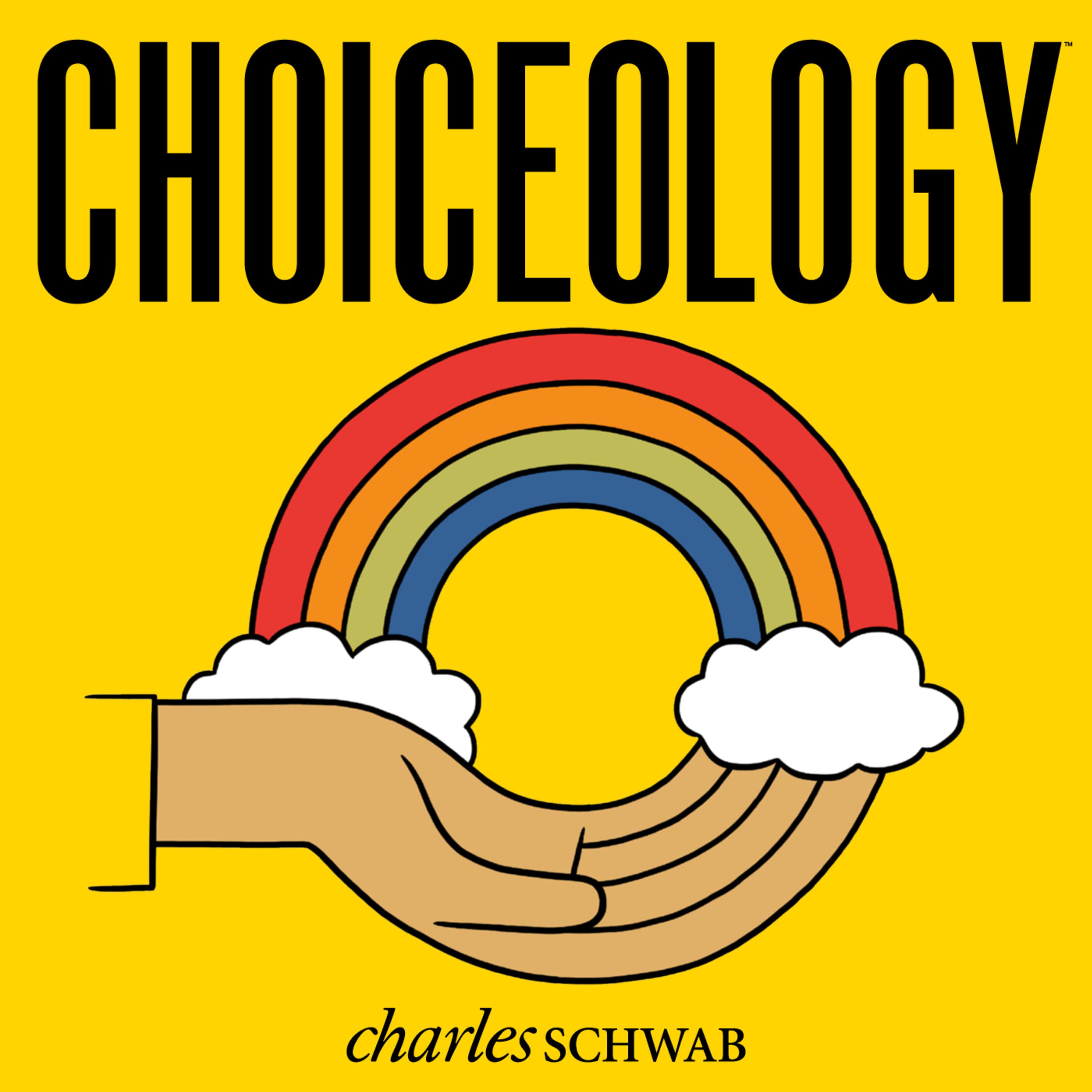Happiness: With Guests Scott Harrison & Mike Norton
In this episode of Choiceology with Katy Milkman, we examine an old insight about happiness and giving. It's an insight that is now backed up by behavioral science.
- The episode begins with a scene from the Charles Dickens classic A Christmas Carol. From there we hear from the founder and CEO of Charity: Water, Scott Harrison. When Scott turned 18, he moved to New York City and got a job as a nightclub promoter. He lived a hedonistic lifestyle that included private jets and exotic parties. He should have been on top of the world, but he was miserable. It wasn't until Scott moved to one of the poorest countries in the world that he started to find fulfillment. You can learn more about Scott's story and his incredible transformation in his new book Thirst.
- Next Harvard Business School professor Michael Norton explores the topic of happiness and spending. He's the co-author of a study on the subject of happiness and spending, and the book Happy Money: The New Science of Smarter Spending.
- Finally, we hit the streets to conduct an experiment. We gave out five dollar bills to random people and asked them to spend it on themselves or give it away. Which group do you think will experience a greater level of happiness?
Choiceology is an original podcast from Charles Schwab.
If you enjoy the show, please leave a rating or review on Apple Podcasts.
Learn more about behavioral finance.
Explore more topics
All expressions of opinion are subject to change without notice in reaction to shifting market conditions.
The comments, views, and opinions expressed in the presentation are those of the speakers and do not necessarily represent the views of Charles Schwab.
Data contained herein from third-party providers is obtained from what are considered reliable sources. However, its accuracy, completeness or reliability cannot be guaranteed.
Apple Podcasts and the Apple logo are trademarks of Apple Inc., registered in the U.S. and other countries.
Google Podcasts and the Google Podcasts logo are trademarks of Google LLC.
Spotify and the Spotify logo are registered trademarks of Spotify AB.



